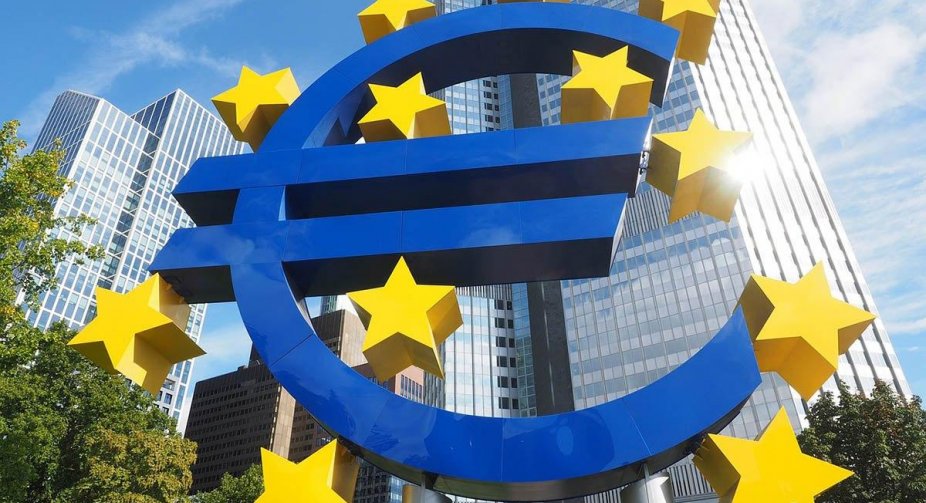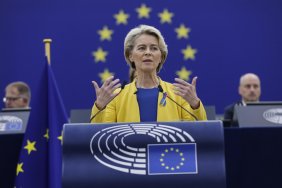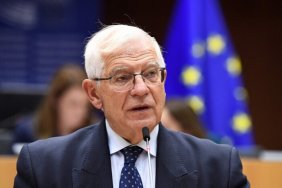The European Union is falling behind on its high-profile promises to provide a substantial aid package to Ukraine as the bloc faces the prospect of serious economic problems at home, Bloomberg said.
Nearly two months ago, European Commission head Ursula von der Leyen proposed sending Ukraine 9 billion euros in emergency loans. So far, the bloc has only managed to agree on the first tranche, which covers the ninth part of the proposed package.
Entering the traditionally sleepy summer period in Brussels, the EU will face new challenges, as the specter of a complete halt to Russian gas supplies and a shift to tighter monetary policy could push the region into a second recession in two years, the publication notes.
For Ukraine, the needs are urgent. The monthly budget deficit against the backdrop of the war is $5 billion. The NBU remains the largest source of funding for the state budget and is increasingly worried about the limits of its ability to provide cash through government debt.
"We hope we can convince all partners that Ukraine really needs these funds, and we will receive macrofinancial assistance by the end of the year," Ukrainian Finance Minister Serhiy Marchenko said in a statement.
EU finance ministers on Tuesday only managed to agree on a EUR 1 billion loan for Ukraine as the first tranche of a larger macrofinancial aid package. Most of the aid package, which in principle was approved by EU leaders in May, was blocked for several weeks because of disagreements between the European Commission and Germany over what structure should be in the financing, the newspaper said.
Yes, Germany first tried to convince the European Commission to provide grants rather than loans to ease Ukraine's debt burden. Then Berlin bargained with the EU executive authorities over the terms of the loans, the publication notes.
According to sources familiar with the discussions, the impasse is unlikely to be resolved before Brussels leaves for its summer recess at the end of July.






